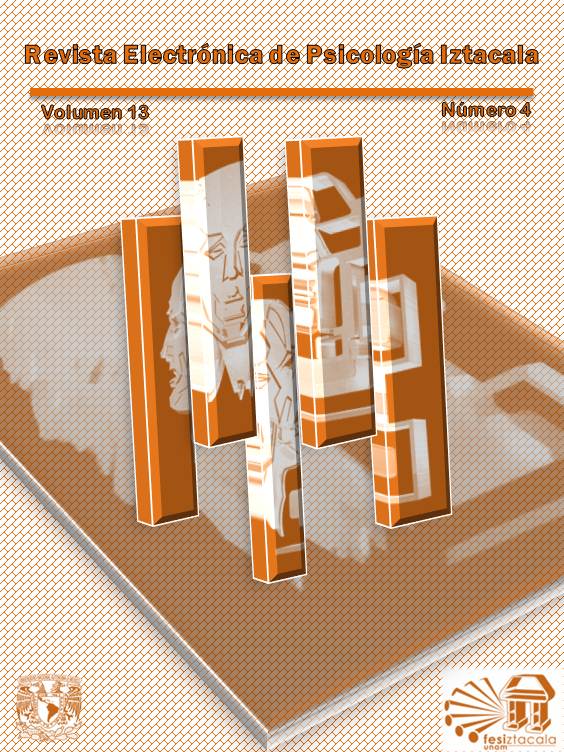Control pavloviano en el desarrollo de tolerancia cruzada entre nicotina y alcohol en humanos: Resultados preeliminares
Main Article Content
Abstract
In this experiment was evaluated the participation of pavlovian conditioning processes in the development of cross-tolerance to the cardiovascular effects of tobacco nicotine (0.9 mg per cigarette) and alcohol (20 ml de brandy in 80 ml of soda). Four groups of human subjects were used. The first group smoked tobacco cigarettes during five trials in an experimental environment. The second group smoked tobacco cigarettes during four trials. In the fifth trial the cigarettes were substituted by alcohol consumption. The five trials were carried out in the same experimental environment. The third group was identical to the second group with the exception of the fifth trial which was carried out in an environment different to that of the experimental one. The four group drank alcohol just one trial in experimental environment and this group never smoked tobacco cigarettes. The results showed that the first group developed tolerance to the effects of tobacco nicotine. The second group developed cross-tolerance to nicotine-alcohol. In the third group cross-tolerance was not observed. The results are discussed in terms of the pavlovian conditioning processes.
Article Details
How to Cite
Rodríguez Arauz, A., Barrientos Noriega, I., & Ruiz García, R. I. (2010). Control pavloviano en el desarrollo de tolerancia cruzada entre nicotina y alcohol en humanos: Resultados preeliminares. Revista Electrónica De Psicología Iztacala, 13(4). Retrieved from https://journals.unam.mx/index.php/repi/article/view/22591
